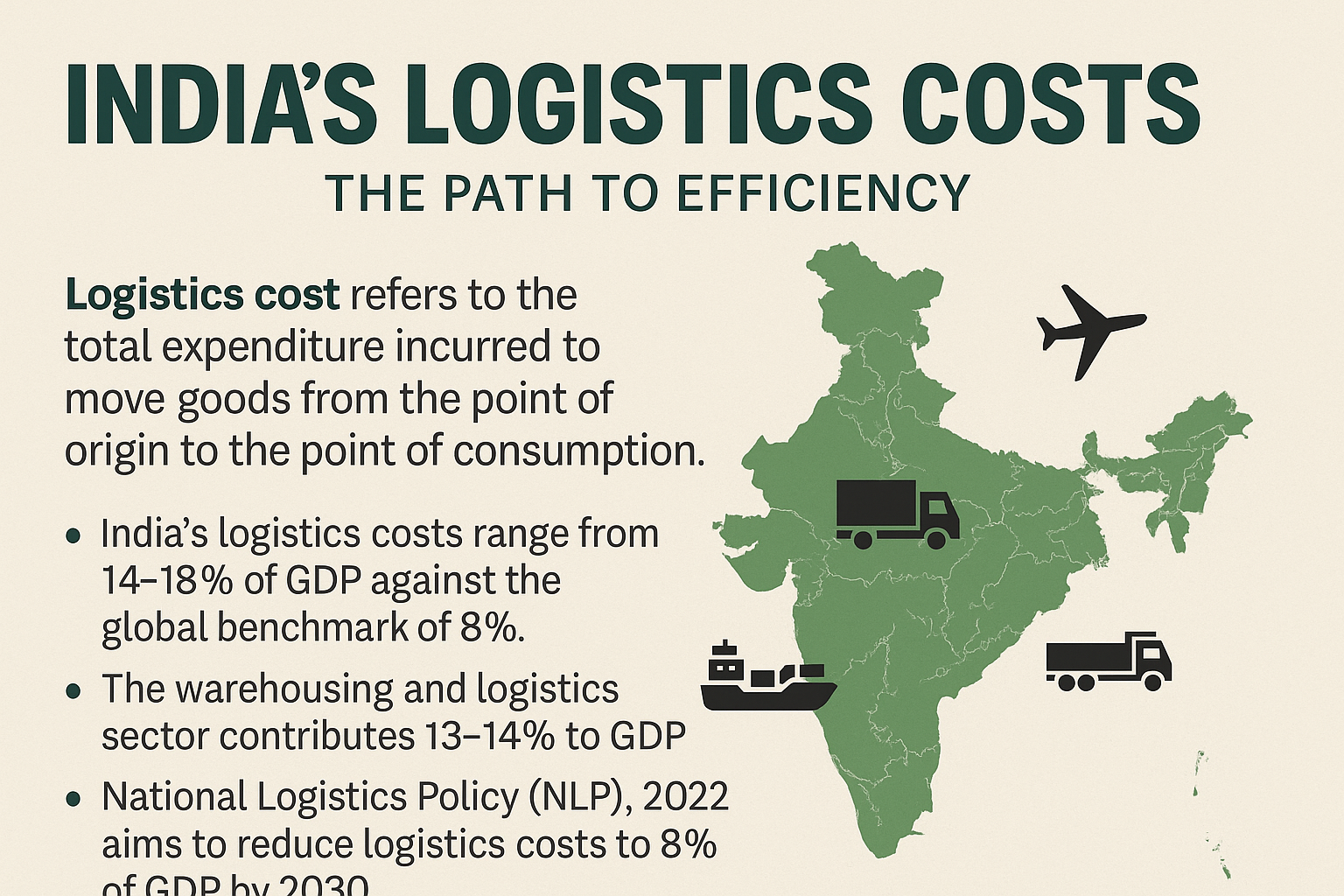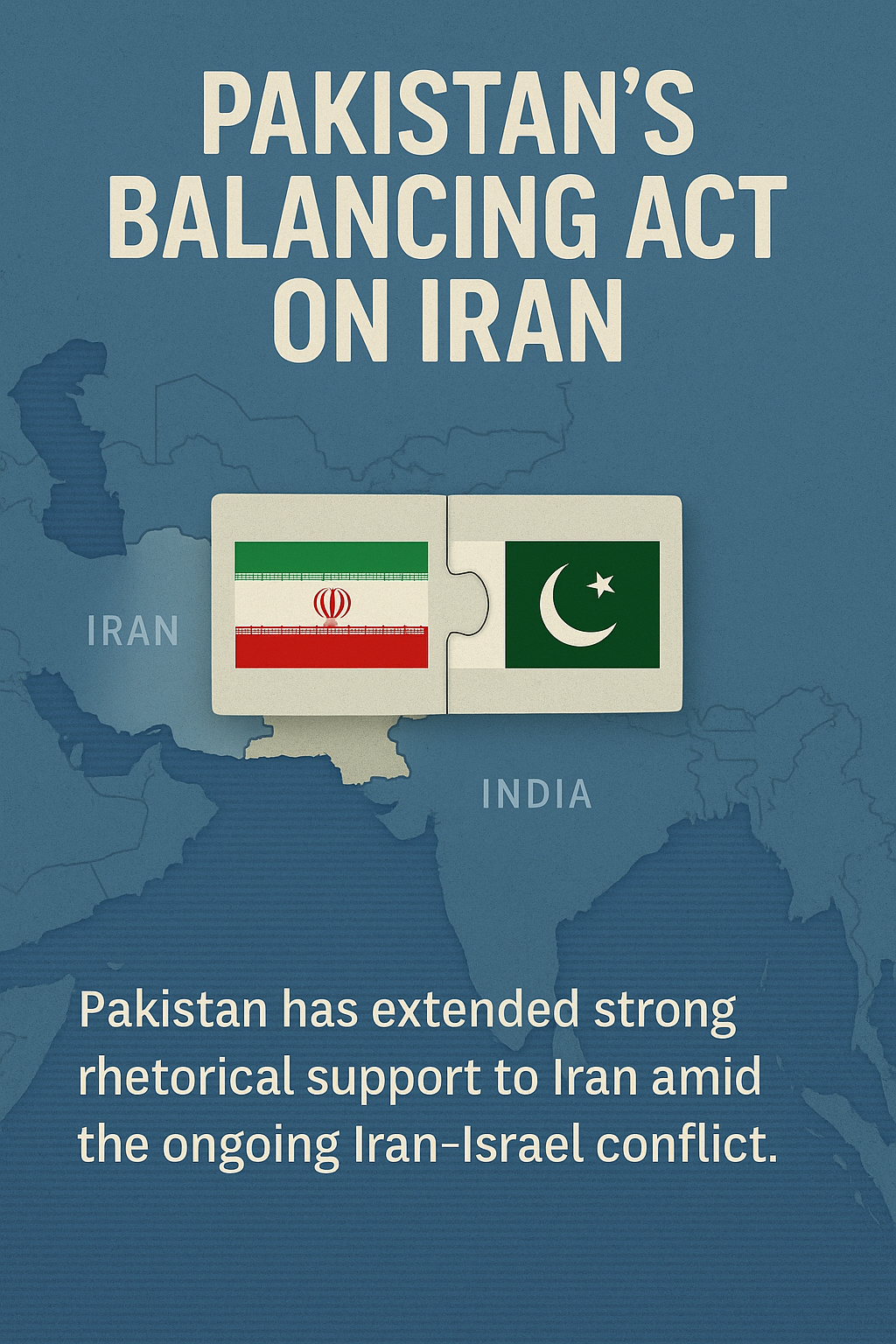041.
🗂️ Topic: Health / WHO Guidelines / Lifestyle & Nutrition
WHO Recommends Potassium-Based Salts to Tackle Hypertension and Heart Disease
Introduction
In its latest health advisory, the World Health Organisation (WHO) recommends switching from traditional table salt to potassium-based salt substitutes (K-salts) to help lower blood pressure and reduce the risk of heart disease. This recommendation is especially relevant for countries like India, where hypertension is a growing public health challenge.
🧂 What Are K-Salts?
- K-salts are salt substitutes where sodium chloride is partially or fully replaced by potassium chloride.
- Benefits:
- Reduces sodium intake
- Increases potassium levels, which are beneficial for heart health
- Helps in lowering blood pressure naturally
📏 WHO Guidelines on Sodium & Potassium Intake
- Sodium intake should be < 2 grams per day (≈ 5 grams of table salt)
- Recommends partial replacement of regular salt with K-salts
- Not recommended for:
- Children
- Pregnant or breastfeeding women
- Individuals with kidney disorders
- (Due to lack of comprehensive safety data for these groups)
🧪 Scientific Evidence Supporting K-Salt Use
- Based on 26 randomized controlled trials with ~35,000 participants
- Results:
- Systolic BP reduction: ~4.76 mmHg
- Diastolic BP reduction: ~2.43 mmHg
- 10% decrease in non-fatal strokes
- 23% reduction in cardiovascular deaths
- Note: WHO did not issue a strong recommendation, as high sodium intake persisted in many trial groups, making the effect hard to isolate
🇮🇳 Why This Matters for India
- Hypertension prevalence: ~35.5% of Indian adults
- Cardiovascular diseases are a leading cause of mortality
- Adopting dietary changes, including K-salts, may offer a low-cost intervention to reduce national disease burden
🧂 Challenges to Implementation
- Taste preference: Indian diets often favor high-sodium foods
- Food processing: Sodium is used for:
- Preservation
- Moisture retention
- Flavor enhancement
- Food industry inertia: Reformulating products to include K-salts may face resistance
- Public awareness and label transparency are still limited
✅ Conclusion
WHO’s guidelines on K-salts offer a potential dietary tool to address the hypertension epidemic. However, the success of implementation in countries like India depends on consumer behavior, industry participation, and public health education.















